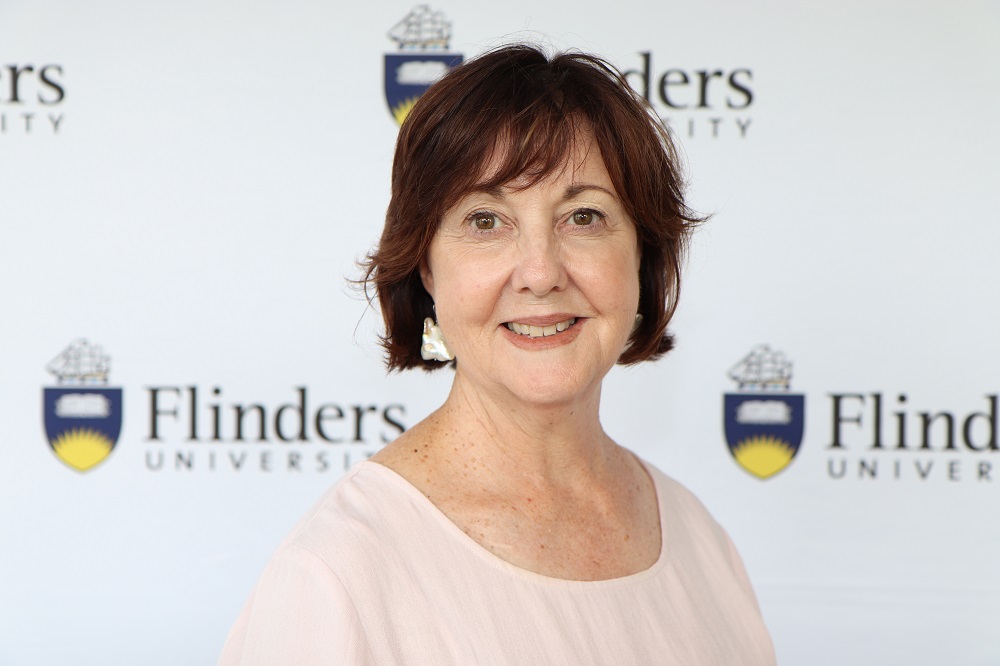
Caring Futures Institute researchers and international colleagues are urging people as young as 40 to look after their physical and mental health to reduce or even avoid ‘frailty’ and a higher mortality risk.
A new study published online in BMC Geriatrics found that pre-frailty occurs in 45% of people aged 40-49 – which is the same percentage of people aged 70-75.
The study found that from the age of 40 or even younger, people in pre-frailty stages have the opportunity to avoid poor health outcomes and frailty.
“You don’t have to be in your 70s or 80s to be heading down the path to frailty. Age doesn’t matter,” says Caring Futures Institute researcher and Strategic Professor Sue Gordon, Chair of Restorative Care in Ageing at Flinders University.
“Successful healthy ageing interventions and self-management should commence in at least the fourth decade of life focusing on these factors which contribute to pre-frailty and frailty.”
People can try to reduce or avoid frailty by improving:
- Pre-frailty indicators: poor dynamic trunk stability and lower limb strength, poor balance, poor foot sensation, being underweight, pelvic floor problems and poor nutrition.
- Pre-frailty to frailty factors: poor mental state i.e. living alone, high psychological distress, poor lung function and poor sleep quality.

Caring Futures Institute researcher Anthony Maeder, also from the Flinders Digital Health Research Centre, says many options for improving health outcomes are available online.
“People working from home during the self-isolation period can take the opportunity to reassess their health, habits and routines to seek ways to make their daily routines and homes better places to live, and live longer in the process,” he says.
Professor Sue Gordon is Chair of Restorative Care in Ageing – a partnership between ACH Group and Flinders University – and a Chief Investigator with the Australian Research Council Research Hub for Digital Enhanced Living.
ACH Group CEO, Frank Weits, says the aged care provider is committed to using research findings and new knowledge to improve the quality of life for older people.
“Through our collaboration with Flinders University, we have been able to fast track implementation of these valuable insights into our service delivery model,” he says.
The BMC Geriatrics (Nature Springer) article, ‘Pre-frailty factors in community-dwelling 40–75 year olds: opportunities for successful ageing’ (April 2020) is by SJ Gordon, N Baker, M Kidd, A Maeder and KA Grimmer DOI: 10.1186/s12877-020-1490-7 https://rdcu.be/b2D5L

